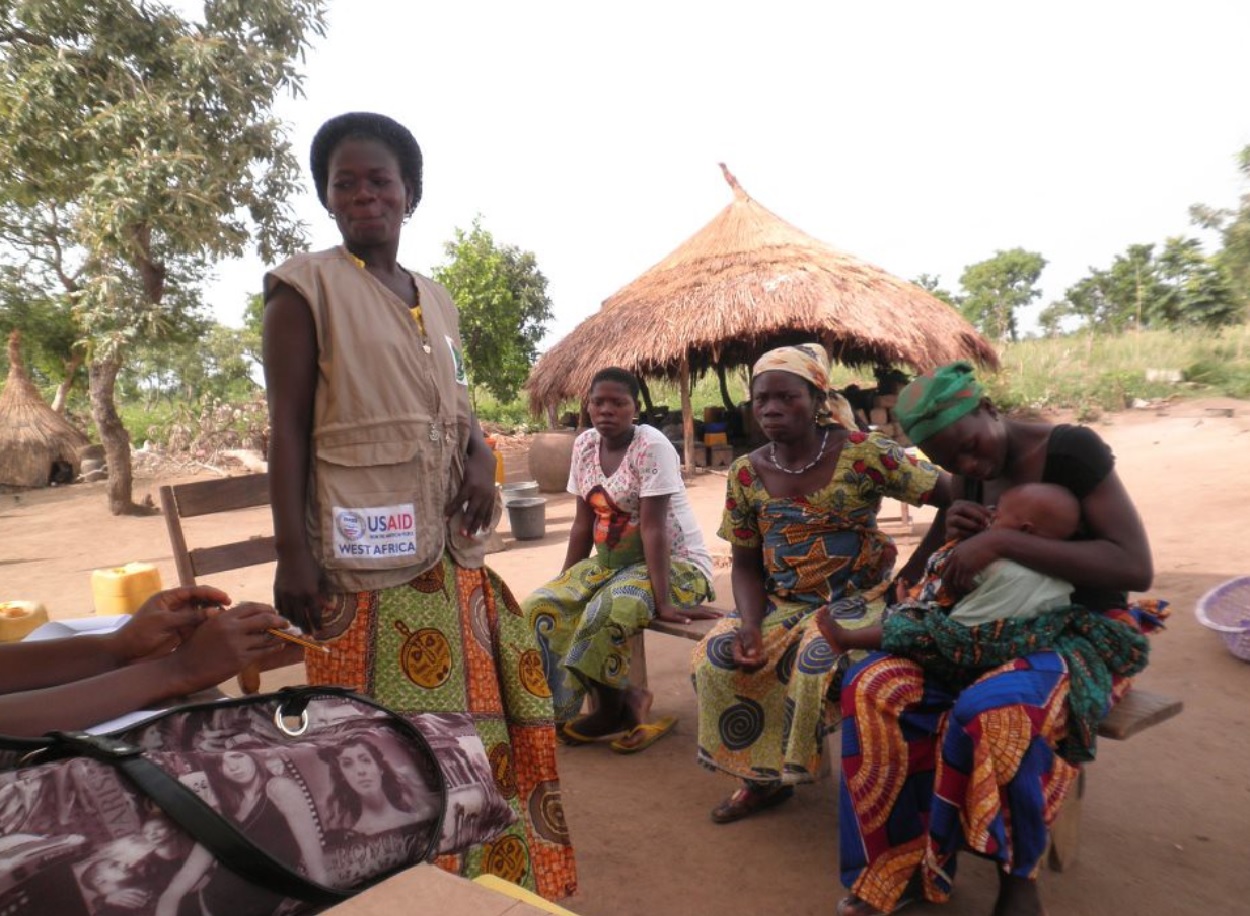ECA director reveals Africa’s top challenges in details

- Country:
- Rwanda
Among several challenges in Africa, one series problem still continues to haunt the continent – extreme poverty added with inequality. The Economic Commission for Africa is giving its effort to assist member States tackle through various policy recommendations and actions.
This was revealed on November 14 by the Director of the Gender, Poverty and Social Policy Division at the ECA, Thokozile Ruzvidzo in remarks to the third session of the committee on gender, poverty and social policy. The committee is meeting for the next two days to look into the core role of the newly-formed Division that was reformulated to address gender, poverty and social policy as key African priorities.
The Division is home to sub-programmes that seek to address emerging issues impacting the lives of African women and girls, promote and support member States in their work to achieve gender equality and women’s empowerment; and contribute to Africa achieving inclusive and equitable sustainable human and social development.
“Despite strides the continent has made in reducing the incidence of poverty, under the current trajectory, it is unlikely that extreme poverty will be eradicated by 2030,” said Ms. Ruzvidzo.
“In Africa, this megatrend has largely not been translated into diversification of the economy, structural transformation, and the creation of productive jobs away from substance agriculture, in manufacturing and modern services,” she said. Global extreme poverty is predominantly concentrated in Africa, and is declining much slower in the region compared to the rest of the world. Particularly relevant to the new priorities of the Division is urbanization, the ECA Director said.
In numbers, over 50 percent of urban residents in Africa live informally, increasing by 4.5 million annually and an estimated 210 million live under conditions of poverty in urban slums, excluding North Africa, a figure which is projected to rise to 256.4 million in 2020. In half of African countries, less than 35 percent of the population has access to improved sanitation facilities, less than 76 percent has access to potable water, and the urban housing deficit stands at USD 20 billion–USD 25 billion.
“These figures suggest that extreme poverty in Africa is moving from rural to urban areas. The interaction between poverty and inequality requires urgent attention in order to resolve human ill-being, fulfil everyone’s human rights, and achieve collective peace, prosperity, and genuine democracy. Poverty and inequality do not only mean human deprivation, they often lead to social unrest and uprisings, growing radicalization, worsening of polarization within countries and communities, risks, and sometimes actual conflicts and wars,” she said Thokozile Ruzvidzo said adding the situation was equally challenging in terms of inequality in the region.
- READ MORE ON:
- ECA
- Africa
- Economic Commission for Africa
- Thokozile Ruzvidzo
ALSO READ
Visa Revocations Surge Under Trump Administration: Over 100,000 Recalled
SAHPRA Orders Recall of Zinc Picolinate and Selenium Products Intended for Children
Top Delhi High Court Rulings: A Monday Recap
Health Department Issues Urgent Warning Over Recalled Nestlé NAN Infant Formula Batch
Fed's Future Path: Rate Hike Forecasts and Market Reactions










